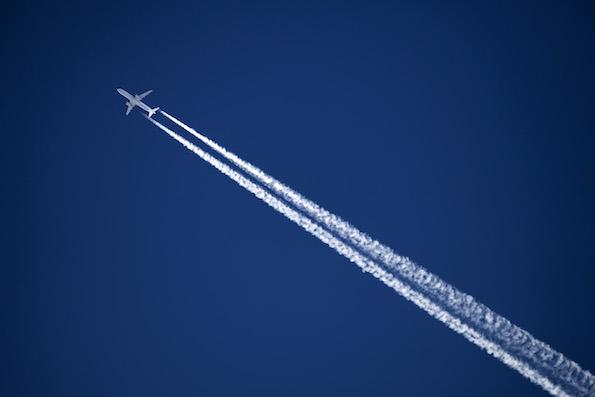
A move to change the rules of the ICAO Carbon Offsetting and Reduction Scheme (CORSIA) to reflect the impact of the COVID-19 pandemic would risk undermining the entire program, the lobbying group Environmental Defense Fund (EDF) said.
Airlines want changes to be made to the CORSIA requirements for offsetting growth in carbon-dioxide emissions from international aviation to reflect the dramatic drop in emissions caused by the coronavirus crisis.
From 2021 onwards, CORSIA requires airlines in participating states to offset any emissions growth above a baseline set by measuring and averaging emissions in 2019 and 2020.
The dramatic drop in flights, and therefore emissions, in 2020 will skew the requirements, making it harder to meet the scheme’s targets, airlines argue. IATA is calling for ICAO to use 2019 data as the baseline and is hoping the ICAO Council could make a decision on the CORSIA baseline calculation at its June meeting.
To understand the implications of IATA’s rewrite, EDF modeled the proposed change under five post-COVID-19 emission scenarios, finding that in most scenarios, the rule rewrite would effectively postpone the start of the program for three to five years, EDF said in a May 21 blog post written by its international counsel Annie Petsonk.
An ad hoc rewrite of the rules could damage confidence in the program, which needs predictability to be successful and would undermine investor confidence in airlines’ climate commitments at a time when they urgently need to regain investor confidence, Petsonk said.
EDF argues that with CORSIA giving airlines until January 2025 to meet their pilot phase offset obligations, there is plenty of time for the ICAO General Assembly, which wrote CORSIA’s rules, to make considered decisions during their regular triennial review of CORSIA in 2022.
“By contrast, a hurried decision to rewrite CORSIA’s fundamental rules would push the effective date of airlines’ carbon offset obligation to 2028 or later–a gap of 30 years from when governments first called on ICAO to act on climate,” the EDF said.
“Airlines are facing an unprecedented near-term crisis with COVID-19, but the climate crisis will still be here in the post-COVID era,” Petsonk added. “To win back the public’s—and investors’—confidence, they need to keep the commitments they’ve already made.”





